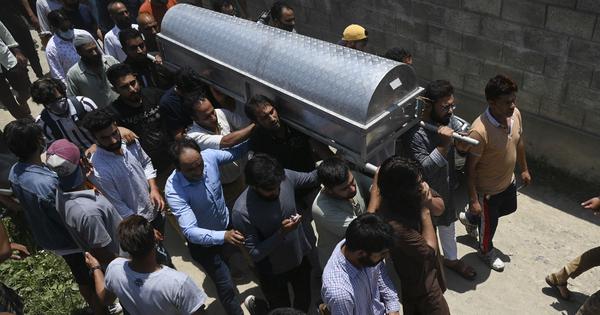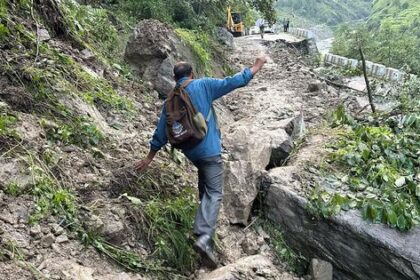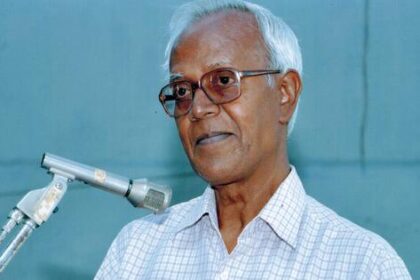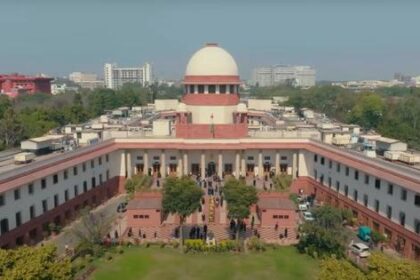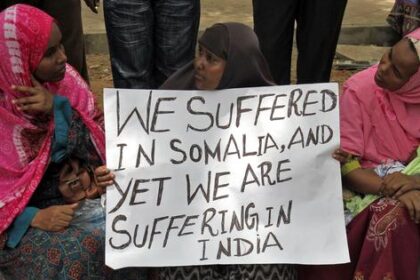Strong feelings emerge as families seek recognition for those killed by security forces amidst compensation distribution.
In Jammu and Kashmir, Lieutenant Governor Manoj Sinha has recently distributed appointment letters to the next of kin of individuals who lost their lives due to militant violence. This initiative, based on a 1994 policy, aims to provide jobs on compassionate grounds to families of those killed in what is termed “militancy-related action.” On August 5, during a significant event in Srinagar, Sinha handed out jobs to relatives of 158 individuals, many of whom were victims from the peak of militancy in the region.
However, the move has faced scrutiny from families of those who were allegedly killed by security forces. Bilal Ahmed Bhat, whose father, Mohammad Ramzan Bhat, was reportedly tortured and killed by security personnel in 1996, expressed concerns over what he perceives as a discriminatory approach. He stated, “This healing is only for victims of militant violence while those killed by the state are not acknowledged as victims.” This sentiment highlights a growing frustration among families who feel overlooked.
A senior journalist in Kashmir, who preferred to remain anonymous, pointed out that historically, the compensation policy did not discriminate between victims. The only requirement was that the deceased should not have been involved in any militant activities. This perspective is echoed by a lawyer from the High Court of Jammu and Kashmir and Ladakh, who mentioned that the current decisions by the LG have caused confusion among families affected by violence involving security forces.
The original compensation policy was initiated in response to the widespread violence during the 1990s, a time when the militant movement against Indian rule was gaining momentum. Initially, compensation was primarily directed towards Kashmiri Pandits, but the policy evolved to include Kashmiri Muslims as well. In 1994, under Governor KV Krishna Rao, the Jammu and Kashmir (Compassionate Appointment) Rules were introduced, which allowed for relief to victims of both militant actions and security forces.
Over time, amendments to the policy expanded the scope of compensation, including provisions for families of civilians who died due to “law and order situations.” This included those who were killed during police actions or protests, provided they were not directly involved in violence. The situation during the turbulent 1990s was complex, with many civilian casualties being mislabeled as militants. When families contested these characterizations, the government often conducted investigations that resulted in compensation under the SRO-43 scheme for innocent victims.
For instance, in 1991, Farooq Ahmad Bhat was reportedly taken by Border Security Force personnel, leading to years of searches by his family. An inquiry later confirmed his unlawful detention and death, resulting in relief for his family under the same policy. Similar cases exist, such as Ghulam Mohammad Lone’s family, which received a job after his father was killed in a notorious incident in 1990.
Bilal Ahmed Bhat’s family continues to seek justice and compensation for the alleged killing of his father. Despite various investigations confirming that Mohammad Ramzan Bhat was an innocent shopkeeper, his family has faced challenges in obtaining the compensation and recognition they believe they deserve. In 2007, the State Human Rights Commission recommended compensation for Bhat’s widow, Jameela Begum, but she has yet to receive any benefits under the SRO-43 scheme.

